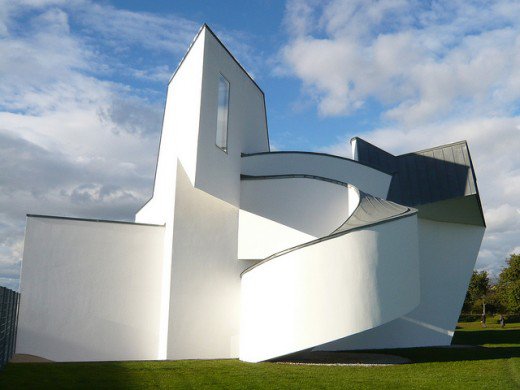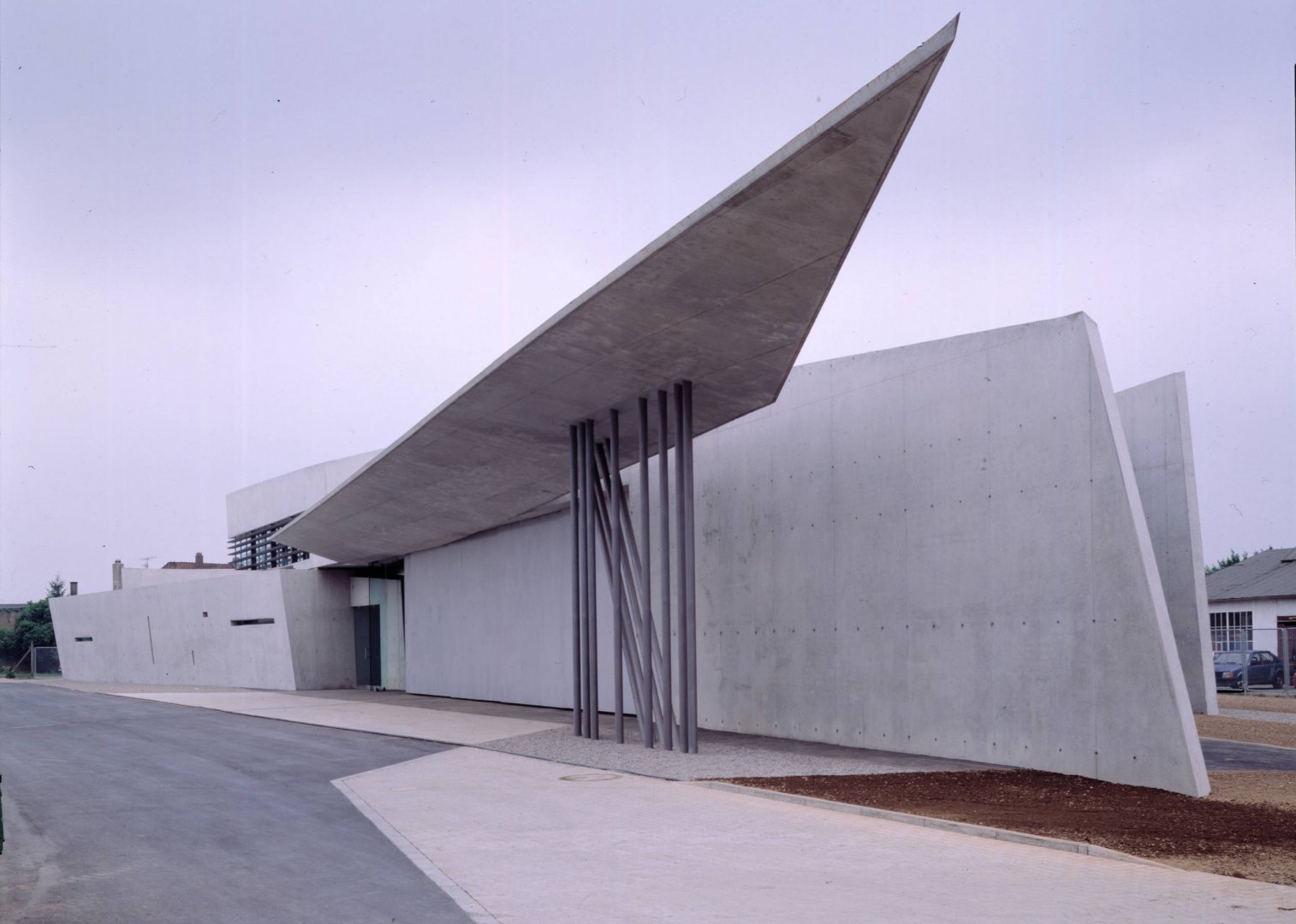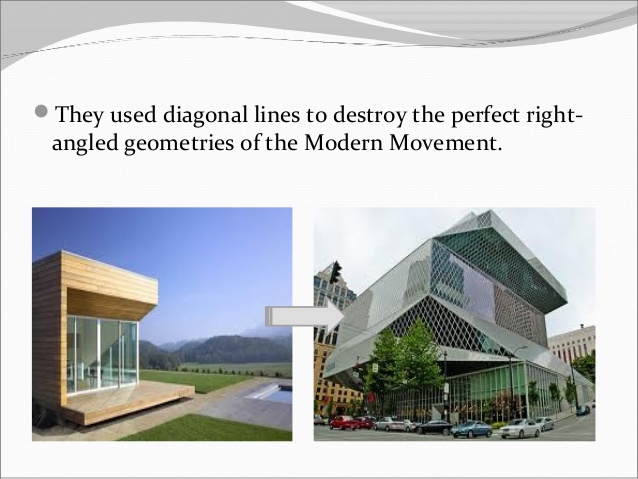
noun
- a philosophical and critical movement, starting in the 1960s and especially applied to the study of literature, that questions all traditional assumptions about the ability of language to represent reality and emphasizes that a text has no stable reference or identification because words essentially only refer to other words and therefore a reader must approach a text by eliminating any metaphysical or ethnocentric assumptions through an active role of defining meaning, sometimes by a reliance on new word construction, etymology, puns, and other word play.
noun
- a technique of literary analysis that regards meaning as resulting from the differences between words rather than their reference to the things they stand for. Different meanings are discovered by taking apart the structure of the language used and exposing the assumption that words have a fixed reference point beyond themselves
1973, as a strategy of critical analysis, in translations from French of the works of philosopher Jacques Derrida (b.1930). The word was used in English in a literal sense from 1865 of building and architecture, and in late 1860s sometimes as an ironic variant of Reconstruction in the U.S. political sense.
 Liberal Dictionary English Dictionary
Liberal Dictionary English Dictionary


